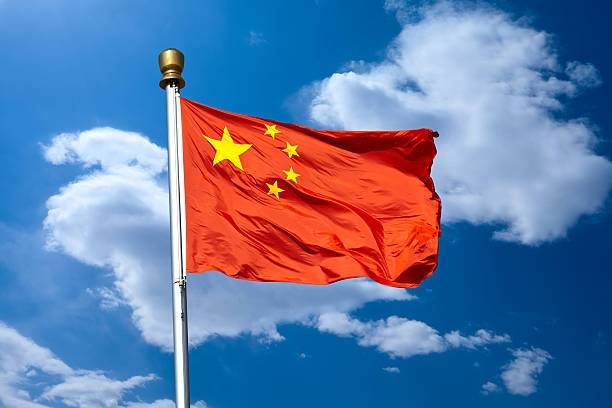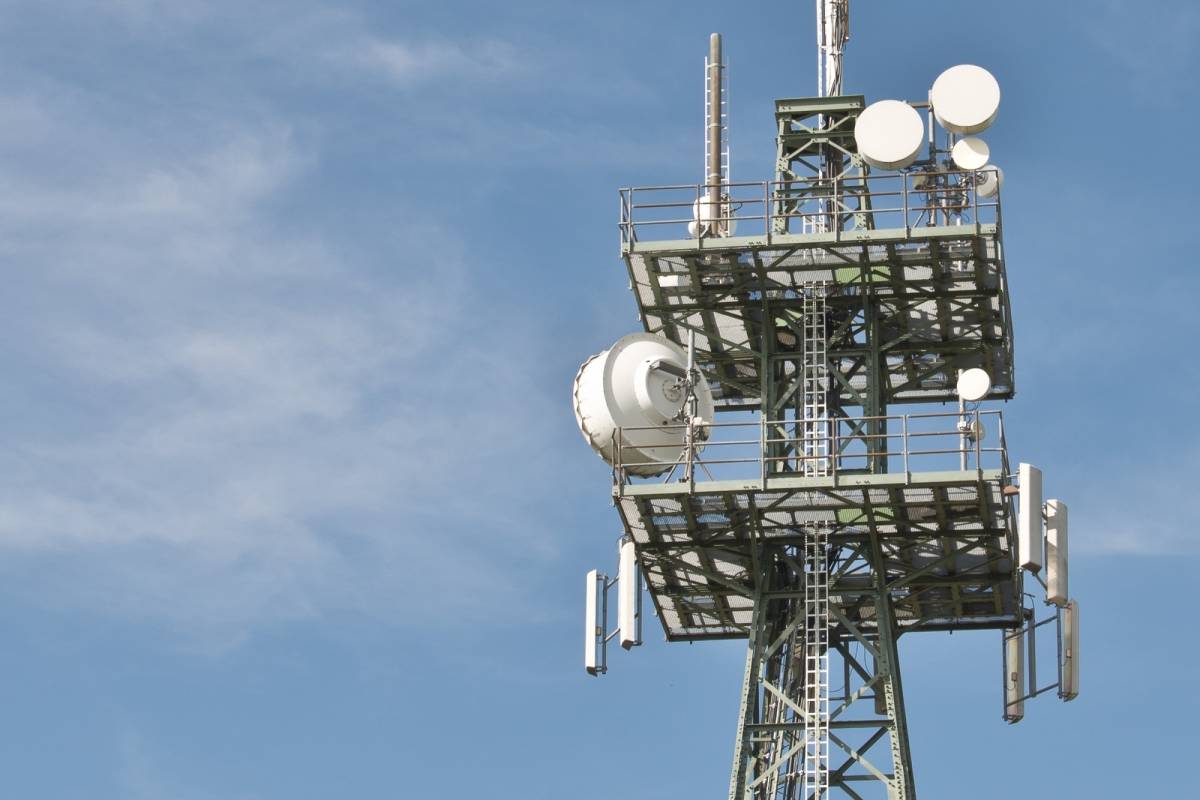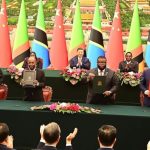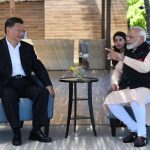A total of 166,000 Chinese entrepreneurs, trade and customs officials and related personnel have completed RCEP training in over 600 sessions and online training courses….reports Asian Lite News
China has completed all due preparations for fully implementing the Regional Comprehensive Economic Partnership (RCEP), according to the Chinese Ministry of Commerce (MOFCOM), Global Times reported.
China has completed all the necessary plans for implementing committed tariff reductions, adjustments on the rules of origin for goods and software system updates at customs authorities to ensure smooth tariff reductions, said Yu Benlin, Director-General of the Department of International Trade and Economic Affairs with MOFCOM.
A total of 166,000 Chinese entrepreneurs, trade and customs officials and related personnel have completed RCEP training in over 600 sessions and online training courses.
RCEP is designed to eliminate as much as 90 per cent of the tariffs on goods traded between signatories within 10 years of the agreement coming into effect. The pact is set to boost trade and foster wider market access in services of finance, transportation and tourism, Benlin said, as per the report.
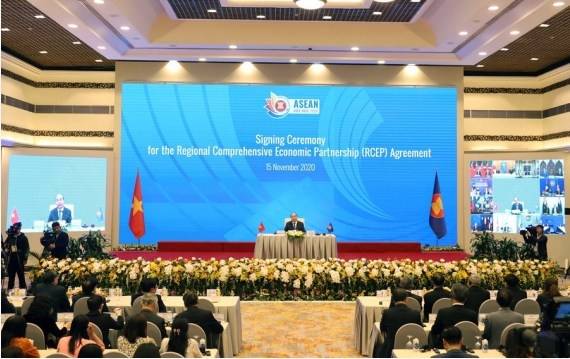
The MOFCOM and other responsible authorities have completed preparations for the implementation of all the 701 binding obligations involving China under the RCEP.
China will be able to entirely fulfil its obligations when the agreement comes into force on January 1, 2022, said Benlin.
After 10 members deposited the instrument of ratification with the ASEAN Secretary-General, the RCEP, the world’s biggest trade pact, will take effect on January 1, 2022 as agreed upon.
The taking effect of RCEP will further stabilise and boost industrial and supply chains, safeguard free trade and connectivity and shore up world economy recovery in wake of the Covid-19 pandemic, Benlin said.
The RCEP was officially signed on November 15, 2020. Its 15 member countries have a total population of 2.27 billion and a total GDP of $26 trillion. Their combined exports stand at $5.2 trillion, accounting for around 30 per cent of the world’s total economic output.
The RCEP has huge market potential and will vigorously drive regional and global growth, Benlin said.
The RCEP is expected to drive a net increase of $519 billion in exports and $186 billion in national income for its members each year by 2030, according to an estimate published by the Peterson Institute for International Economics.
Previous estimates also showed that removal of tariff and non-tariff barriers alone under the RCEP would increase the Asia-Pacific region’s GDP by 2.1 per cent and world GDP by 1.4 per cent.


